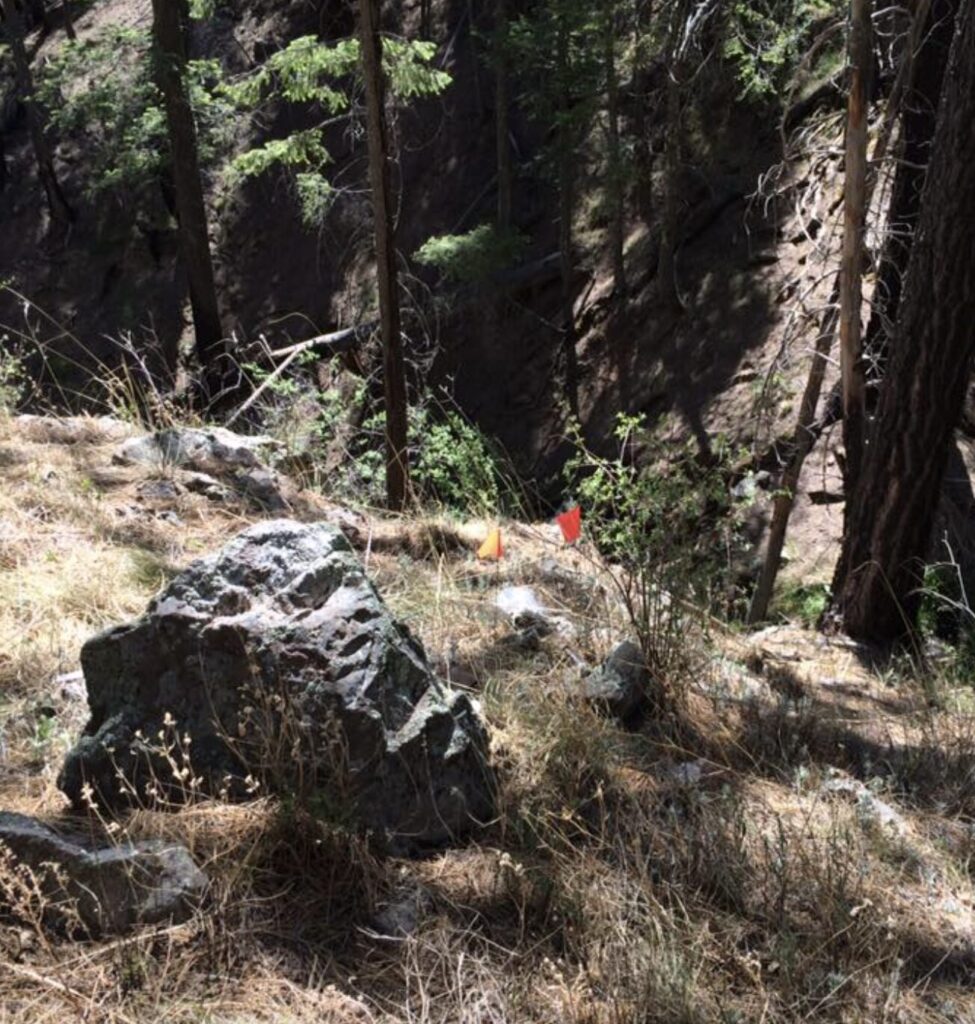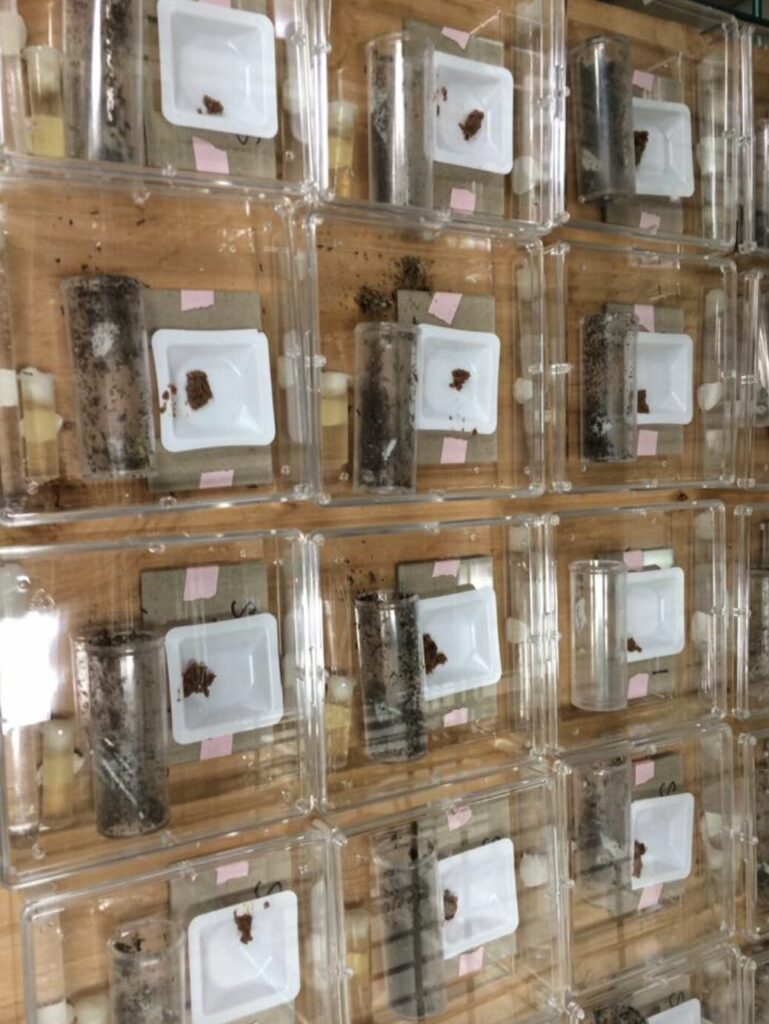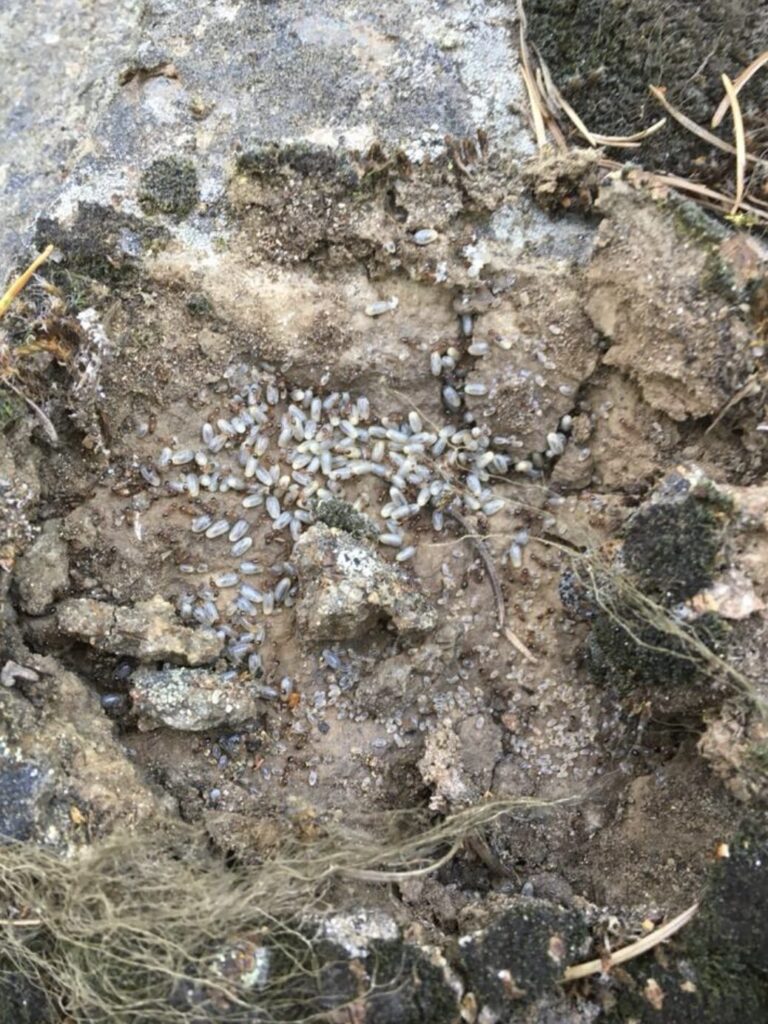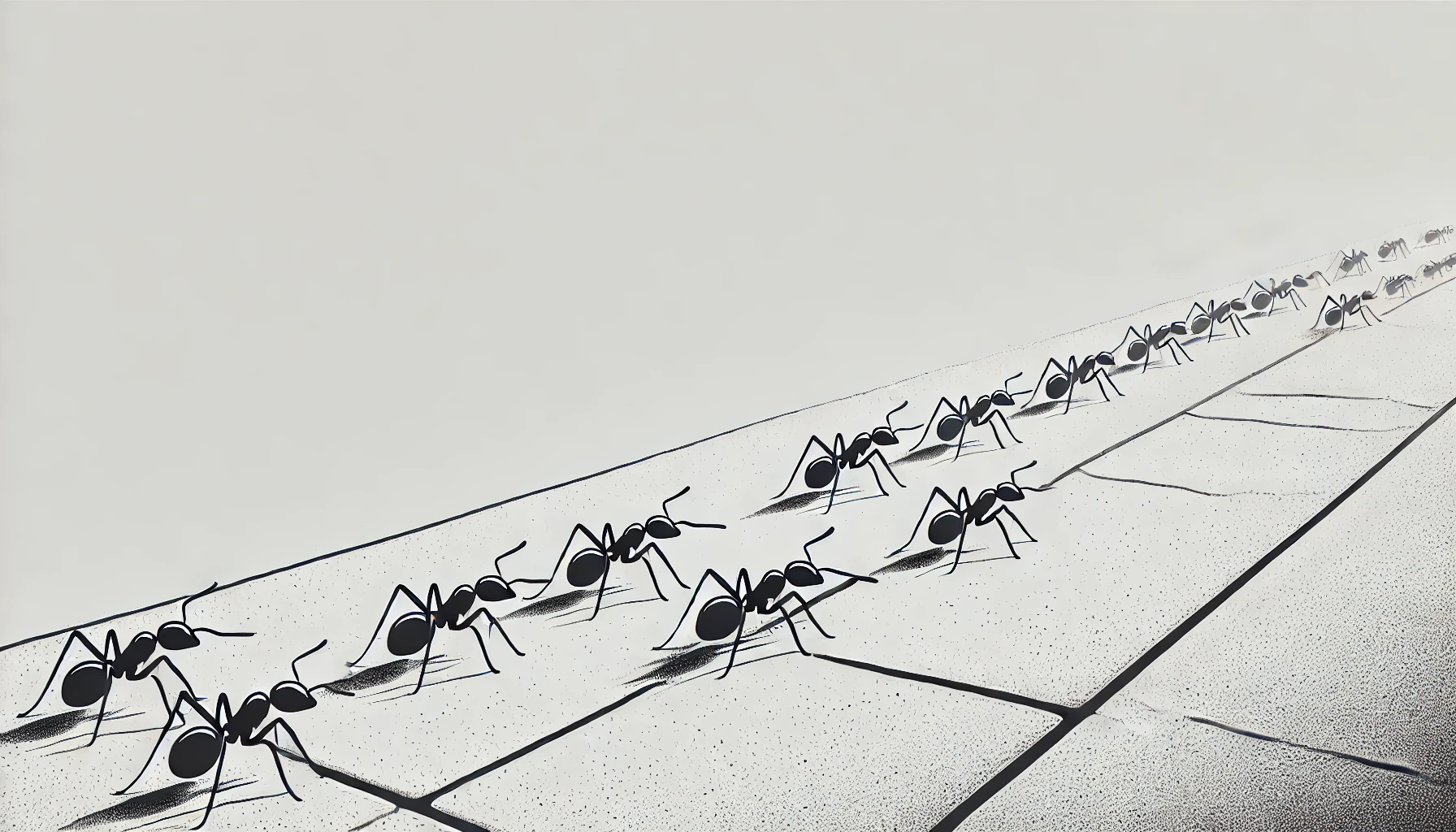
Current Reserach
Behavioral Variation and Evolution
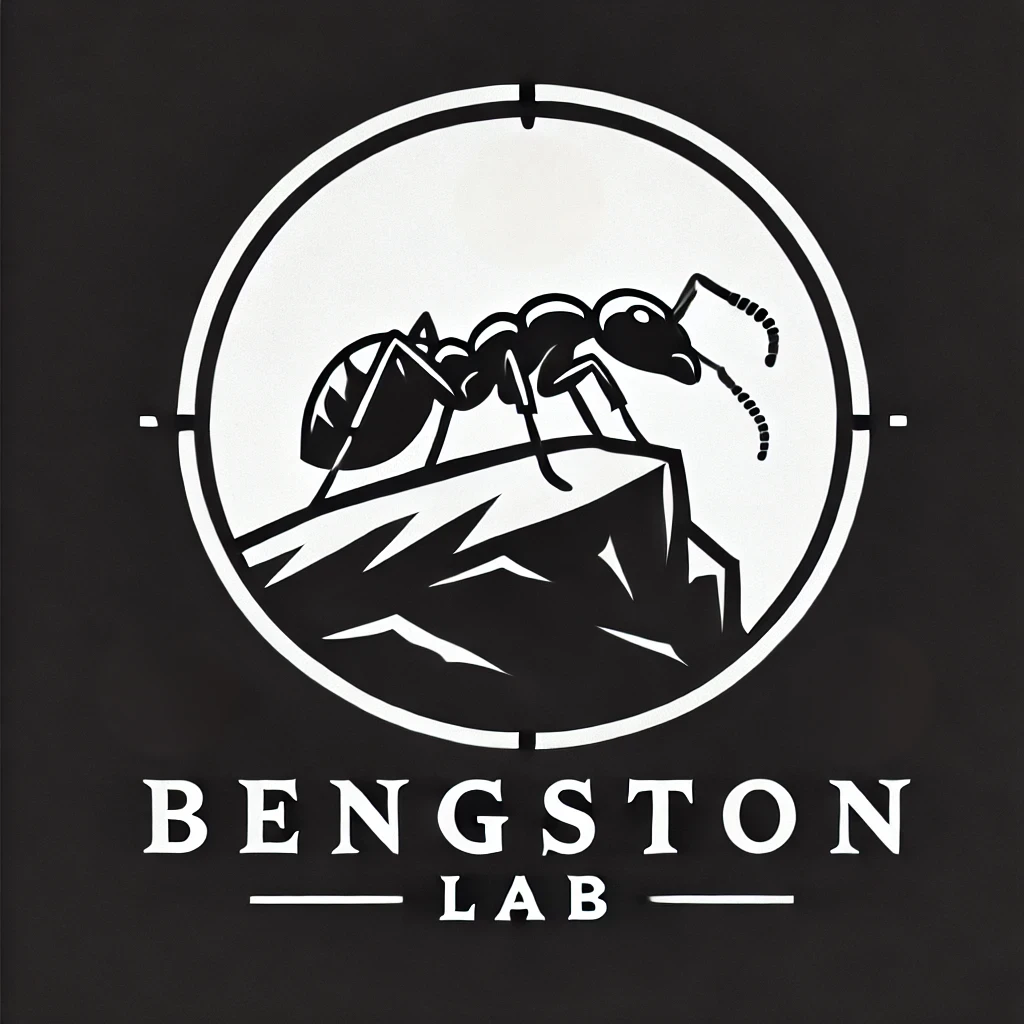
At the heart of our lab’s research is the question: Why do individuals behave differently, and how does this variation shape evolution and ecology? We study how behavioral variation emerges, persists, and influences life-history strategies, species interactions, and evolutionary trajectories. Our work integrates behavioral ecology, life-history evolution, and molecular biology.
Our lab’s mission is to bridge theoretical frameworks with experimental approaches, contributing to a deeper understanding of how behavior drives evolution. Whether it’s uncovering new parasitic behaviors or testing the limits of life-history theory, we aim to push the boundaries of behavioral and evolutionary biology.
Key Research Areas
1. Behavioral Variation in Social Insects
We use Temnothorax rock ants as a model system to explore how behavioral traits evolve and persist. Social insects offer unique opportunities to study emergent behaviors, as their colonies operate as superorganisms. Our findings reveal links between colony-level risk tolerance and life-history trade-offs, such as growth and reproduction. Across a North American transect, northern colonies display risk-tolerant behaviors associated with faster growth and reproductive investment, while southern colonies adopt risk-averse strategies.
2. Evolution of Social Parasitism
Our lab has uncovered evidence of social parasitism in WesternTemnothorax ants, ranging from interspecific dulosis to reproductive specialization. These strategies vary across populations and suggest the early stages of ecological speciation. We aim to understand how behavioral variation predisposes populations to distinct parasitic life histories and how these strategies evolve over time.
3. Pace-of-Life and Mechanistic Constraints
How do colonies balance energy allocation and survival? We investigate the pace-of-life syndrome, testing whether metabolic constraints shape life-history traits. Surprisingly, faster-paced colonies exhibit greater resilience under stress, challenging traditional views on the trade-offs between metabolic rate and lifespan. Our work offers insights into how evolutionary adaptations and mechanistic constraints interact across biological levels.
